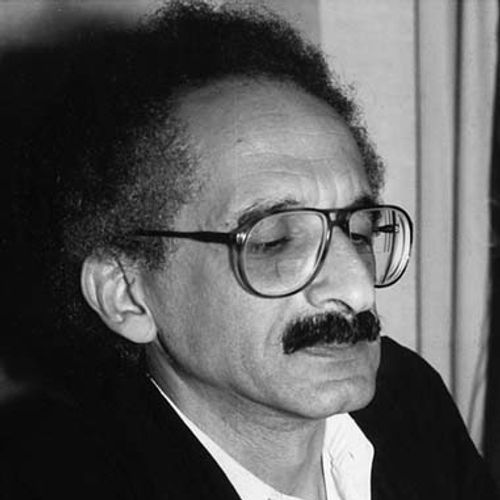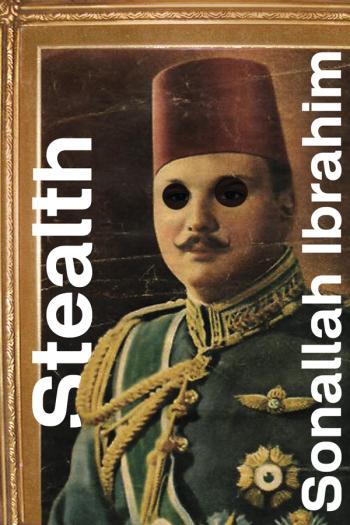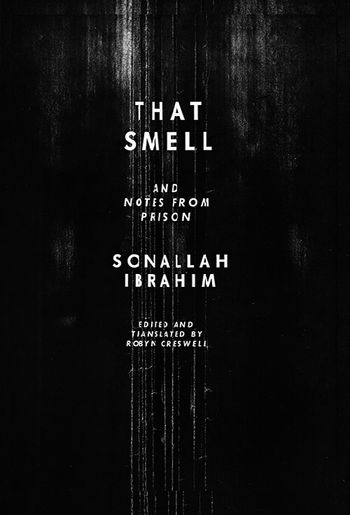Sonallah Ibrahim
Sonallah Ibrahim was born in Cairo in 1937. He studied law at Cairo University and was imprisoned in 1959 for his political activities. While serving his five-year sentence he wrote Notes from Prison and composed That Smell shortly following his release. After several year abroad, he returned in 1974 to Cairo, where he has lived ever since, publishing many works of fiction. In 2004 he was awarded the Egyptian government’s prestigious Novelist of the Year prize. Ibrahim publicly declined the award, saying he could not accept a literary prize from “a government that, in my opinion, lacks the credibility to bestow it.”


